Theme 1: Linguistic and geocultural diversity in digital knowledge infrastructures
Facilitators:
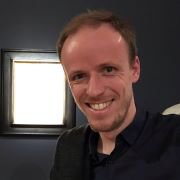
Cornelis van Lit
Cornelis van Lit
Dr. Cornelis van Lit (@LWCvL) is a postdoctoral researcher at Utrecht University. His main expertise lies in Islamic philosophy, which is what his first book is about, entitled The World of Image in Islamic Philosophy (Edinburgh University Press, 2017). He recently wrote Among Digitized Manuscripts published by Brill in hardback and electronic open access, see www.lwcvl.com/Among. It is a handbook introducing a conceptual and practical toolbox for working with digital photos of text materials, starting with the very basics assuming no prior computer skills and ending with explaining automated image analysis using Python and OpenCV. Through his online magazine The Digital Orientalist, which now has a team of eight editors, he has been at the forefront of making the digital world more inclusive to non-Latin languages, ancient or modern, dead or alive. He currently investigates the discussions of Ibn Arabi (d. 1231) and his commentators on the imagination.
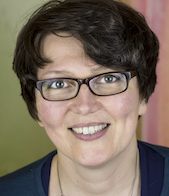
Cosima Wagner
Cosima Wagner
Cosima Wagner is academic librarian at Freie Universität Berlin, University Library, with a background in Japanese Studies, History and Library & Information Science. After ten years as faculty member (research fellow, assistant professor) at the institute for Japanese Studies of Goethe-University / Frankfurt she is since 2013 serving as liaison to the East Asian Studies faculty at Freie Universität Berlin with a special focus on Digital Humanities, Research Data Management and Open Science.
Her research interests include a Science & Technology Studies approach to library infrastructure management, multilingualism and non-Latin scripts in the digital space, Area Studies librarianship as well as critical algorithm studies and social robotics in Japan (Monograph: Robotopia Nipponica. Recherchen zur Akzeptanz von Robotern in Japan, Tectum 2013).
In her current project on “Libraries as partners of the internationalization strategy of Freie Universität Berlin” she aims at building (new) paths for an international exchange on the topic of research libraries in the digital age in general and on multilingualism and knowledge infrastructures in particular.
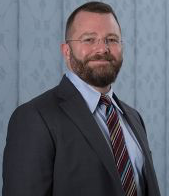
David Wrisley
David Wrisley
David Wrisley is Associate Professor of Digital Humanities at NYU Abu Dhabi. His research interests include spatial humanities as well as visualization and AI for the humanities.
Members:
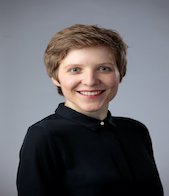
Aliz Horvath
Aliz Horvath
Aliz Horvath recently completed her PhD in East Asian Languages and Civilizations at the University of Chicago. She also holds a dual MA degree in Japanese and Chinese philology and an additional BA in Korean and Finnish language and has spent multiple years in these four areas as a scholarship holder. She is interested in the mechanisms of transnational flows in Japan, China, and Korea, as well as the dynamics of intellectual history, cultural history, and history writing. She enjoys experimenting with interdisciplinary solutions and novel methods, such as digital tools, to explore innovative approaches to the study of East Asia. She is particularly enthusiastic about data visualizations and actively advocates for diversity and inclusion in DH through the promotion of non-Western perspectives.
Twitter: @alizhorvathaliz
Podcast: humanistathepodcast.com
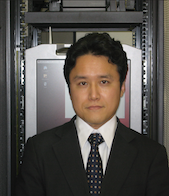
Kiyonori Nagasaki
Kiyonori Nagasaki
Kiyonori Nagasaki, Ph.D., is a Senior Fellow at the International Institute for Digital Humanities in Tokyo. His main research interest is in the development of digital frameworks for collaboration in Buddhist studies. He is also engaging in investigation into the significance of digital methodology in Humanities and in promotion of DH activities in Japan. He has been participating in a number of Digital Humanities projects conducted at several institutions in Japan and abroad such as the University of Tokyo, Kyoto University, Osaka University, the National Diet Library, the National Museum of Ethnology, the National Institute of Japanese Language and Linguistics, the University of Tsukuba and the University of Hamburg.
His activities also include postgraduate education in DH at the University of Tokyo as well as administrative tasks at several scholarly societies including Japanese Association for Digital Humanities, and the Japanese Association of Indian and Buddhist Studies.
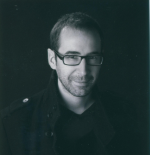
Pascal Belouin
Pascal Belouin
Pascal Belouin is an IT Researcher at the Max Planck Institute for the History of Science. An experienced software engineer and web developer, Pascal’s main research interest is the application of various social science theories and methods to the elaboration of novel software development methodologies. https://www.mpiwg-berlin.mpg.de/users/pbelouin